Reggio Emilia Approach
Child-driven, experiential learning in relationship-driven environments
Enquire now
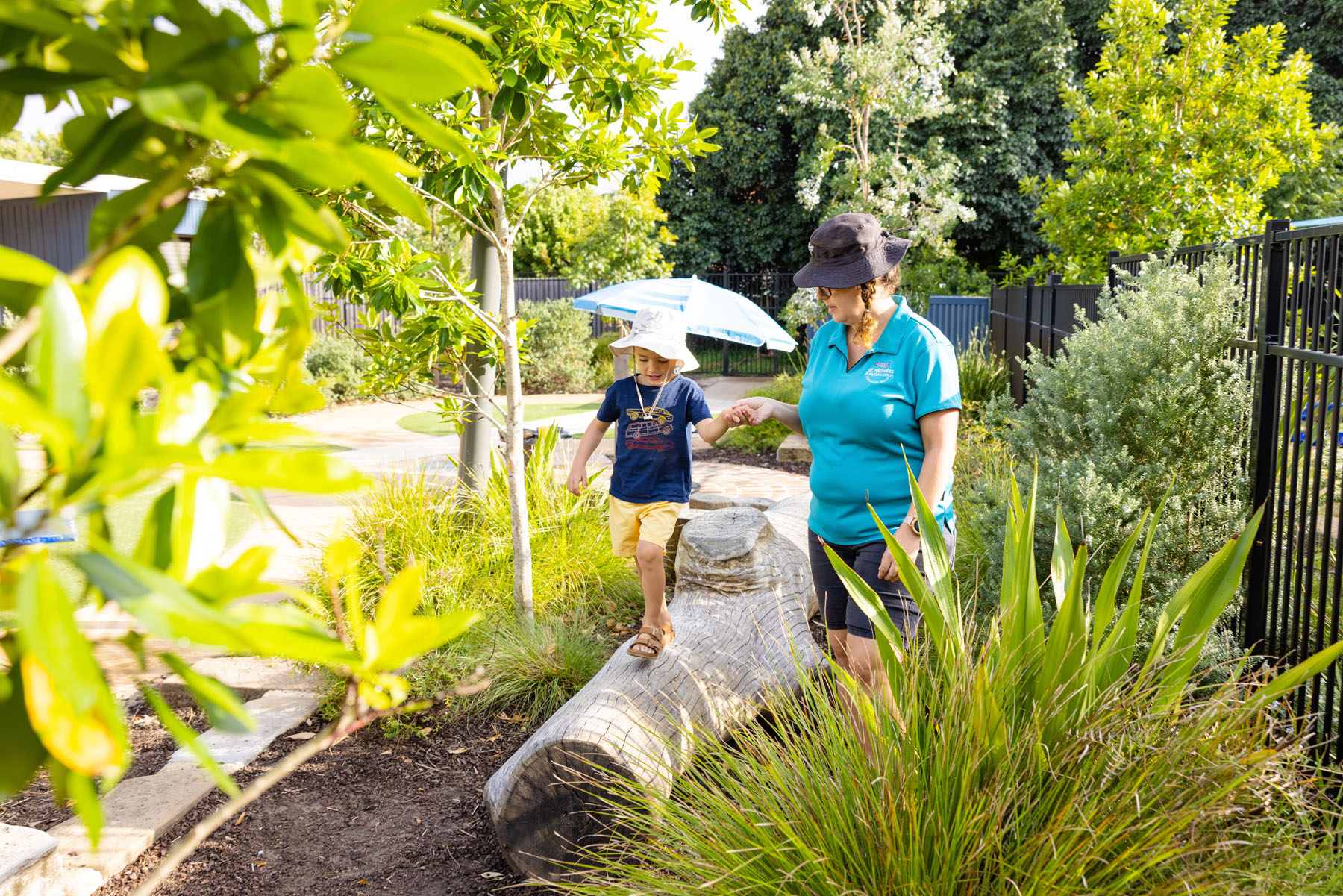
At St Nicholas, our curriculum and philosophy are both inspired by the Reggio Emilia Approach to early childhood education and care. The Reggio Emilia Approach is an educational philosophy and pedagogy focused on young children that is child-centred and uses self-directed, experiential learning in relationship-driven environments. Educational programs inspired by the Reggio Emilia approach are based on principles of respect, responsibility and community through exploration, discovery and play.
At the core of this philosophy is the notion that children form their own personalities during the early years and are endowed with ‘a hundred languages’ (e.g. painting, sculpting, drama etc), through which they can express their ideas. The aim of the Reggio Approach is to teach children how to use these symbolic languages in everyday life.
Enquire now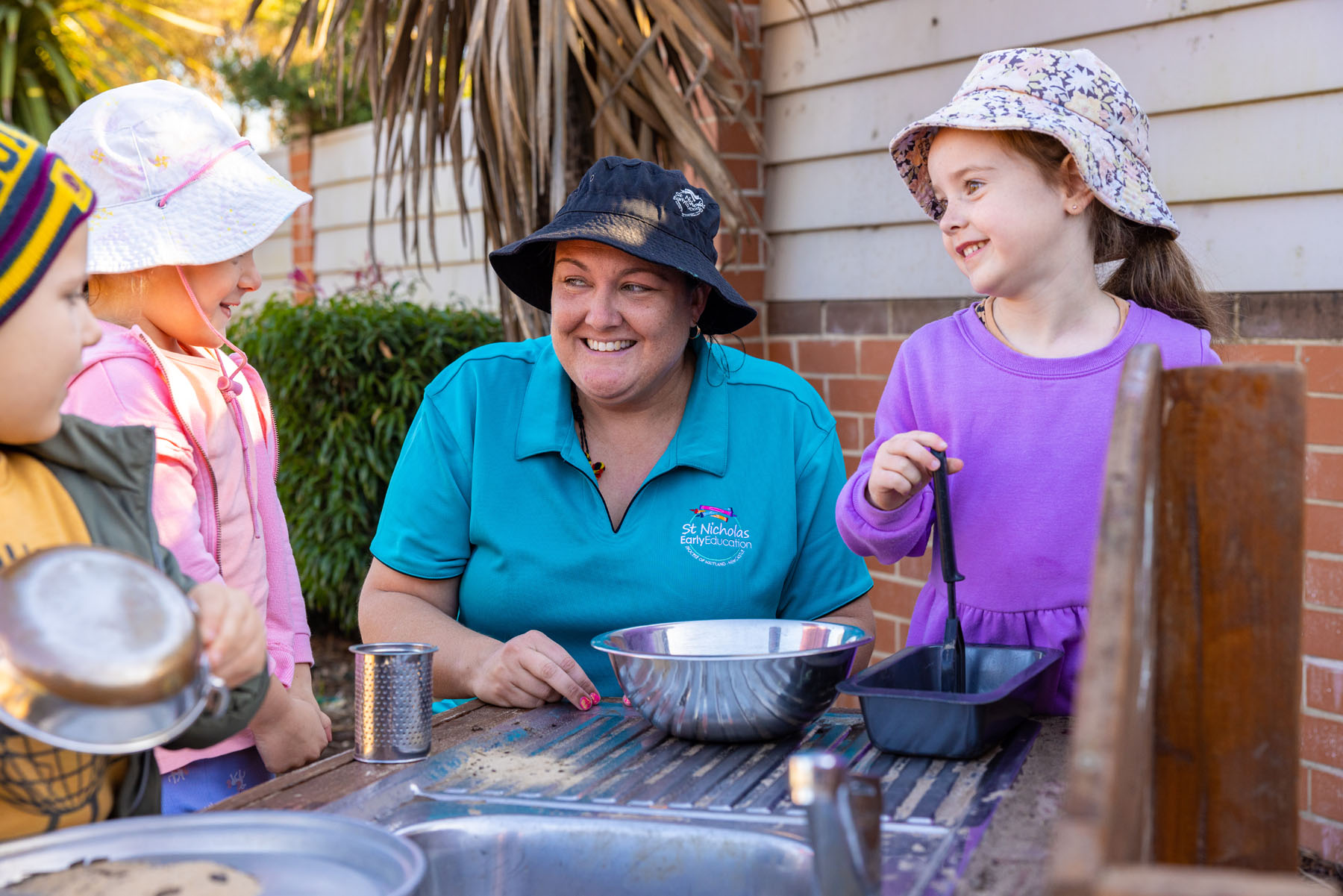
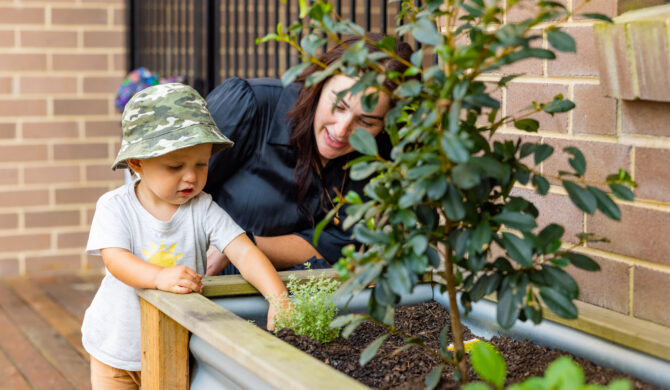
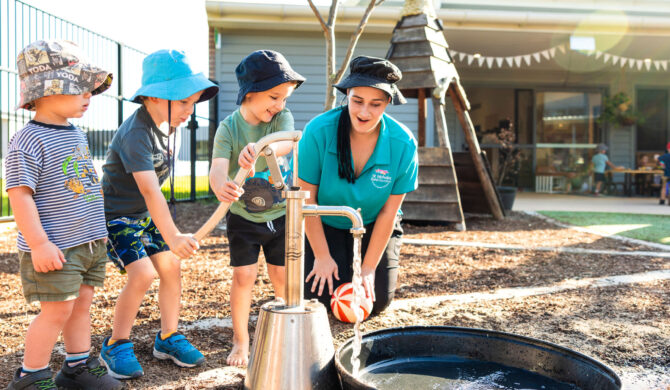


‘The hundred languages of children’ is a core principle of the Reggio Emilia Approach to early childhood education. It recognises that children possess multiple forms of expression, including art, music, movement and more, beyond verbal language. This approach values the diverse ways children learn and encourages educators to create engaging environments that allow children to explore and communicate through various languages. By embracing these languages, educators support holistic development and nurture children’s natural curiosity and love for learning.
Enquire now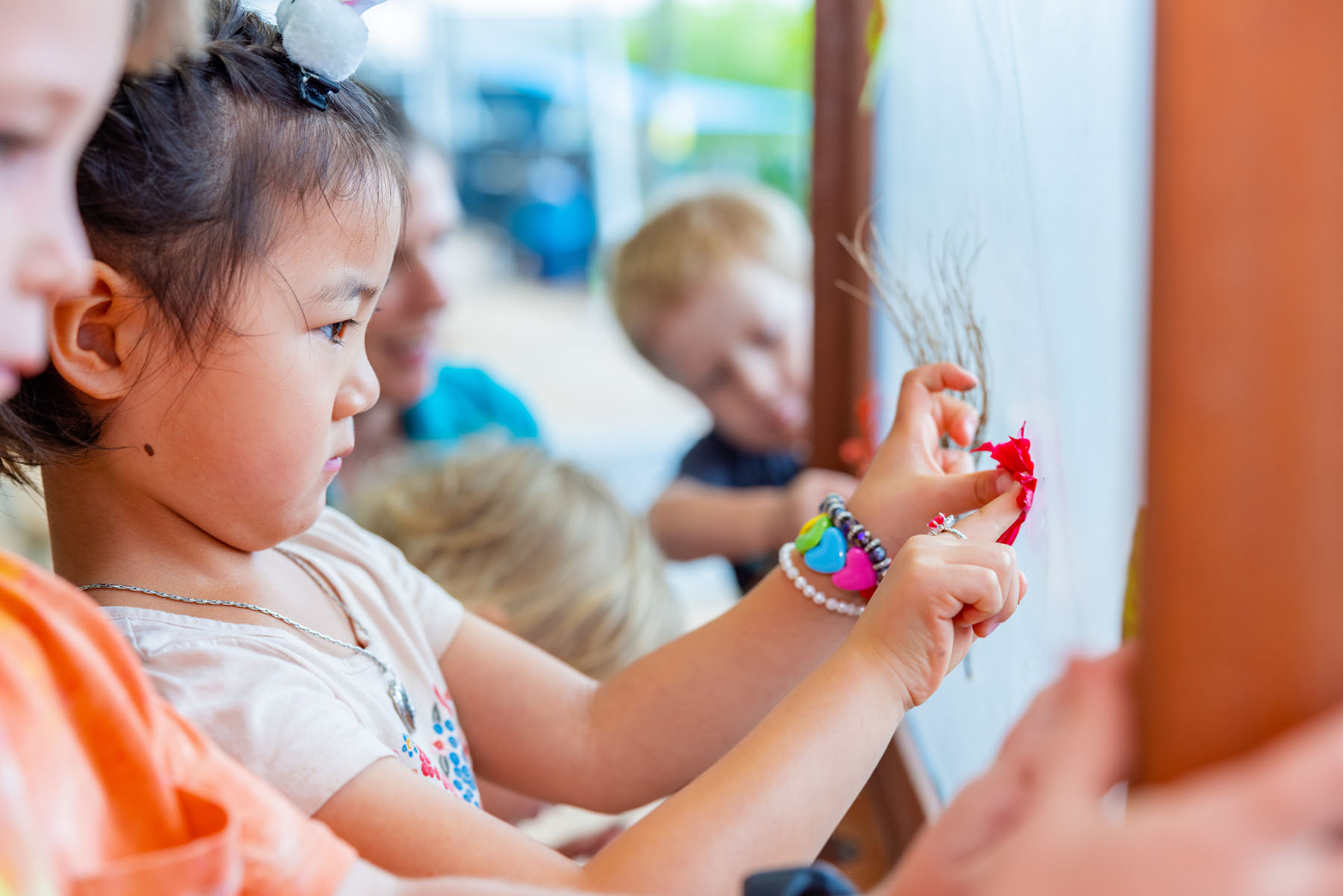
The child
is made of one hundred.
The child has
a hundred languages
a hundred hands
a hundred thoughts
a hundred ways of thinking
of playing, of speaking.
A hundred always a hundred
ways of listening
of marveling of loving
a hundred joys
for singing and understanding
a hundred worlds
to discover
a hundred worlds
to invent
a hundred worlds
to dream.
The child has
a hundred languages
(and a hundred hundred hundred more)
but they steal ninety-nine.

The latest updates from St Nicholas - Early Education, OOSH and Pathways